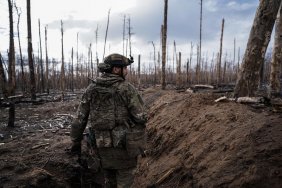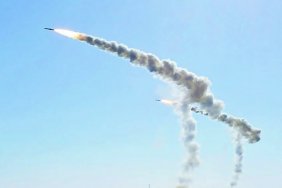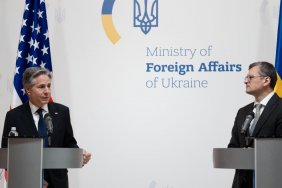The US government informed the Russian authorities about the threat of a terrorist attack, and also indicated that the attack could take place at the Crocus City Hall shopping center in the suburbs of Moscow. This was reported by two leading publications at once - The New York Times and the Washington Post, citing sources.
The NYT writes that the United States shared the information more than two weeks before the shooting - and a day before it published an official warning on the embassy's website. However, the warning contained an inaccurate timeframe - it was assumed that the attack could occur within a few days. The NYT reminds that the US Embassy's public warning of March 7 spoke of possible terrorist attacks "in the next two days."
However, no terrorist attack occurred within the specified time frame, which probably weakened Russia's vigilance.
At the same time, some Western officials told the publication that Russia had paid attention to the warning issued by the CIA's Moscow office and had taken steps to prevent the threat.
The publication notes that a Crocus cloakroom attendant said they had been warned about the possibility of a terrorist attack and were prepared for such a situation.
"We were warned about the possibility of terrorist attacks, instructed what to do and where to take people," Khalilov said.
According to him, stricter security checks were carried out at Crocus, including the use of trained dogs.
The Washington Post, for its part, writes that the Russian government, at least initially, took the US warning seriously.
Thus, according to the publication, the warning about Crocus also contained information about ISIS's plans to attack the synagogue. The next day, the FSB announced that it had prevented a militant attack on a synagogue in Moscow.
"The high degree of specificity in the warning underscores Washington's confidence that the Islamic State was preparing an attack that threatened large numbers of civilians and directly contradicts Moscow's claims that US warnings were too general to help prevent the attack," the article says.






